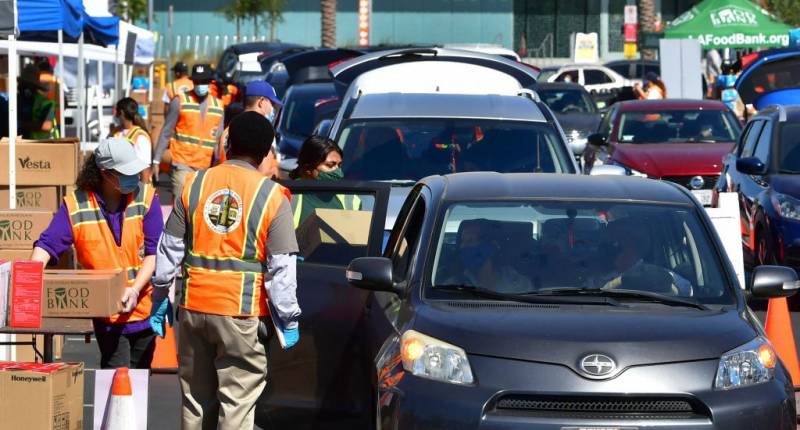Although he eventually became a legal permanent resident after marrying a U.S. citizen, Chao said the rest of his family is still undocumented.
“My family was always at risk of food insecurity,” he said. “I have a single mother. She had to work extra hard to put food on the table. … She’s a caregiver for the elderly. It’s very hard work, working seven days a week.”
After college, when Chao was still looking for a job, his partner applied for CalFresh and received a $200-a-month benefit. Chao said the security it gave them was a game-changer, allowing him to spend a little more on clothing and transportation for job interviews.
“It helped me invest in myself because I wasn’t focused so much on spending money on food,” he said. “I was able to invest in ways where I could begin to not just survive, but to thrive.”
Chao celebrated on Tuesday when the state Senate passed SB 464 on a party-line vote of 31 to 9. The same day, Democratic leaders in both houses included funding for the program in their joint budget package — with $5 million for the upcoming 2021-22 budget year, and a proposal to steadily increase that funding to $550 million within three years.
The bill and the funding would expand the California Food Assistance Program, which provides food aid to roughly 35,000 legal immigrants and refugees who have been excluded from receiving federal food stamps since the passage of a 1990s federal welfare reform law.
Meanwhile, as of June 2020, 4.8 million Californians received assistance from CalFresh, the state’s primary food stamp program, which is funded by the federal government. That’s a nearly 20% increase from just before the pandemic, according to the Public Policy Institute of California.
The Senate’s analysis of the bill said the combined effects of the pandemic, wildfires and other disasters “have had a staggering effect on food security across the state.” It cited a U.S. Census Bureau finding that, as of February, nearly 30% of California households with children were food insecure.

